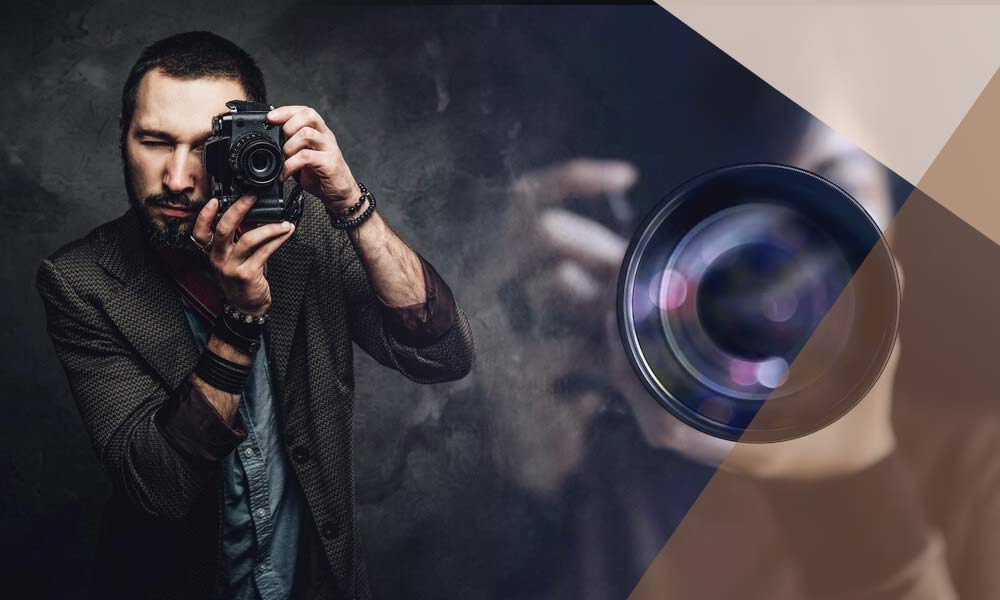What You Should Know Before Switching to Professional Photography

Since the days of film cameras and traditional darkroom processing, photography has come a long way. With the introduction of digital cameras and editing software, anyone can now claim to be a photographer. However, moving from amateur to professional requires more than just purchasing a good camera. In this article, we’ll go over everything you need to know before making the switch to professional photography. This guide will provide you with the information you need to succeed whether you are just starting out or looking to take your photography business to the next level.
Understanding Your Niche
Identifying the type of photography in which you want to specialize is one of the first steps in making the transition to professional photography. Wedding photography, portrait photography, commercial photography, and landscape photography are just a few of the many niches within the photography industry. Since each niche necessitates a unique set of skills and equipment, it is critical to select a niche in which you are both passionate and experienced. Once you’ve identified your niche, you can concentrate on honing your skills and establishing a reputation in that field. You will be better equipped to succeed as a professional photographer if you have a clear focus and direction.
Investing in Equipment
Once you have chosen your niche, it’s time to invest in the right equipment. For example, you can buy Nikon products online – digiDirect offers a wide range of cameras, lenses, and accessories to choose from. Whether you are a professional photographer or just starting out, you can find the right equipment to suit your needs here. While a good camera is important, it’s not the only piece of equipment you will need. You may also need additional lenses, lighting equipment, a tripod, and other accessories, depending on your niche. It’s also important to consider the cost of maintenance and repairs, as professional equipment can be expensive to replace if it breaks down.
Building a Portfolio
In order to attract clients and establish yourself as a professional photographer, you must have a strong portfolio. Your portfolio should highlight your best work while also demonstrating your skills and style. Working on personal projects, assisting other photographers, or accepting paid assignments can all help you build your portfolio. As your portfolio grows, you can begin contacting potential clients and promoting your services via social media and other marketing channels. A strong portfolio will not only help you attract new clients but will also aid in the development of your reputation as a skilled and talented photographer. Make sure your portfolio accurately reflects your skills and style, and that it includes examples of your best work.
Staying Up-to-Date with Industry Trends
The photography industry is constantly evolving, with new technology and techniques being introduced on a regular basis. To stay ahead of the competition, it’s critical to keep up with industry trends and developments. Attending workshops and conferences, reading photography blogs and books, and practicing new techniques can all help. By staying current with industry trends, you will be better equipped to create images that meet your clients’ needs and set you apart from the competition. You will also be able to provide your clients with the most up-to-date and innovative photography services, allowing you to expand your business and establish yourself as an industry leader.
Marketing Your Services
Marketing your services is critical for attracting clients and establishing your professional reputation as a photographer. Social media, word-of-mouth, and advertising are all effective ways to market your services. To attract new clients, you could also consider offering special promotions or discounts. A well-thought-out marketing strategy will assist you in reaching your target audience and establishing a loyal following. Effective marketing is critical for success whether you are just starting out or looking to expand your existing photography business.To summarize, moving from amateur to professional photography requires more than just purchasing a good camera. It necessitates a clear understanding of your niche, investment in the appropriate equipment, the development of a strong portfolio, keeping up with industry trends, and effective marketing of your services. You can establish yourself as a successful professional photographer and achieve your industry goals by following these steps.










